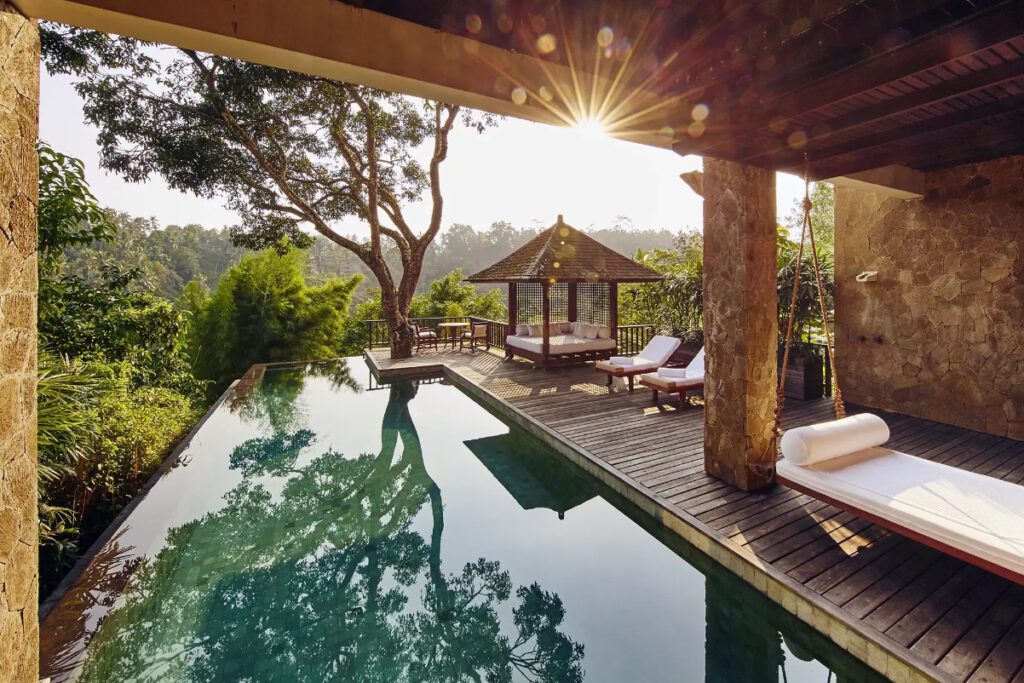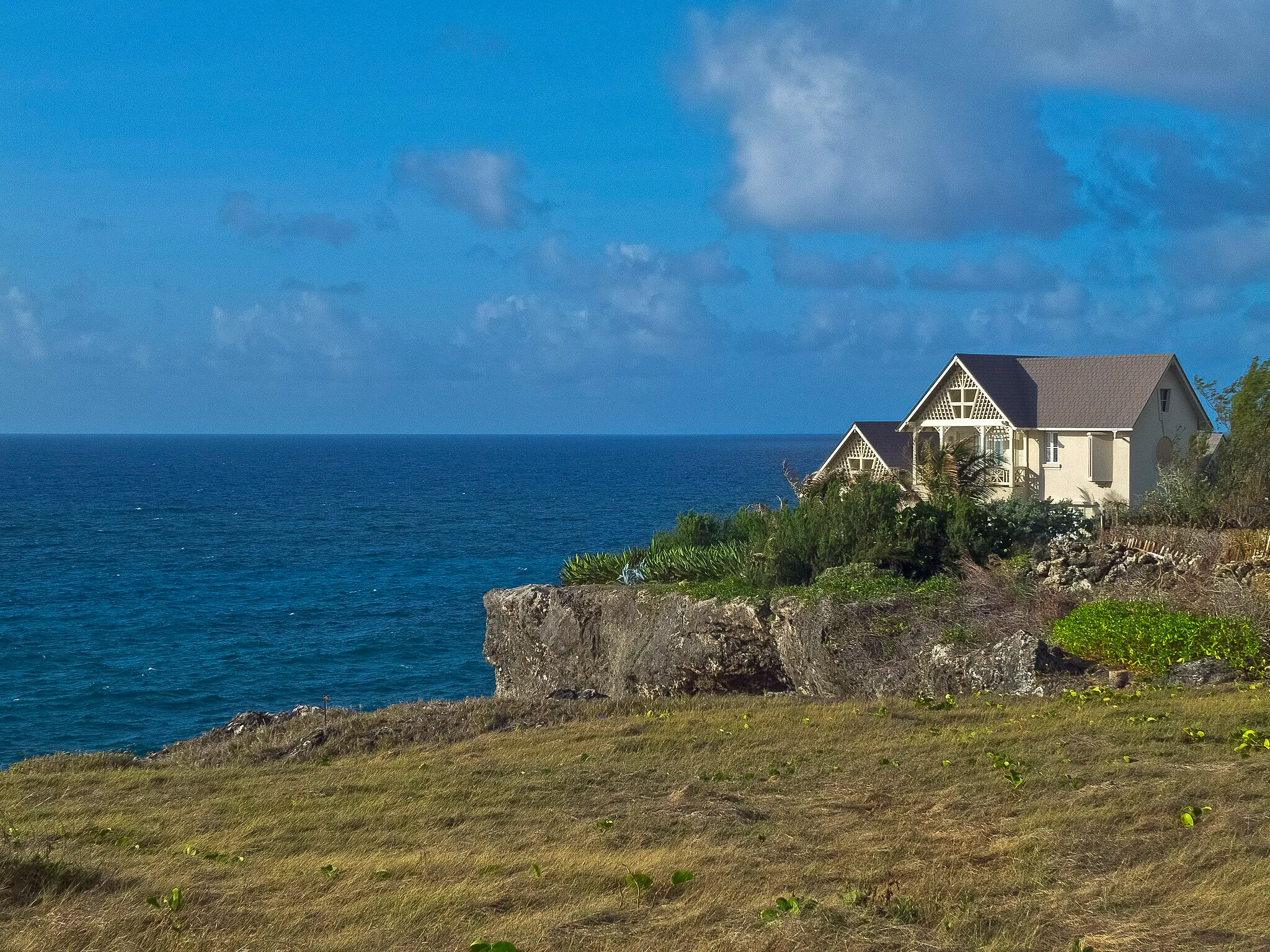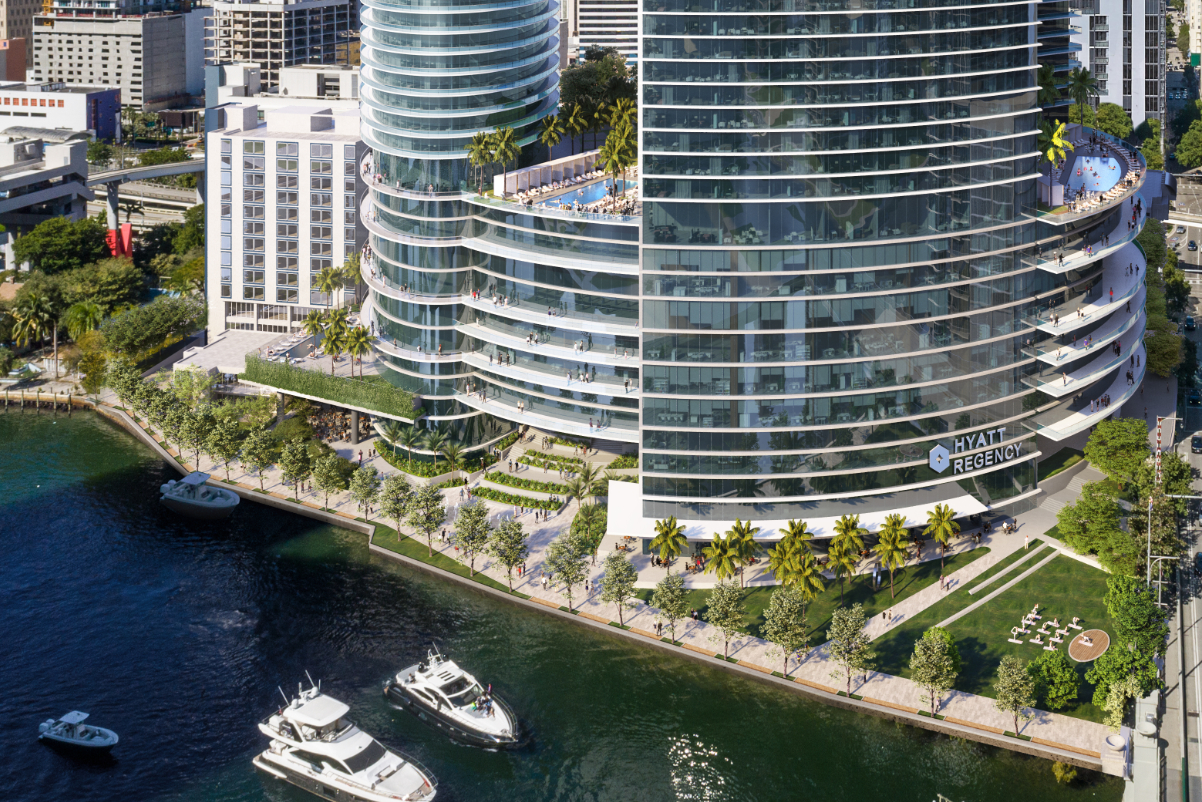How Billionaire-Owned Como Hotels Retooled Its Luxury Hotel Strategy
Skift Take

Early Check-In
Editor’s Note: Skift Senior Hospitality Editor Sean O’Neill brings readers exclusive reporting and insights into hotel deals and development, and how those trends are making an impact across the travel industry.If you haven't heard much about Como Hotels and Resorts, I expect you will soon. The luxury brand is making distinctive moves worth noting.
While not a unique company, Como Group appears to be coming out of the pandemic with more momentum than many of its luxury hospitality peers.
- This fall, it opens Como Singapore.
- A few months ago, it opened Como Le Montrachet in France.
- Other recent additions include Castello Del Nero in Italy (2019), Como Castello Del Nero in Tuscany, Italy (2020), and Como Laucala Island in Fiji (2021).
- Como Group plans to open about one property a year on average. The group is finalizing a project in Japan. It wants to expand in places like Bhutan and Antarctica but also remote outposts in markets like the U.S., such as a desert or mountain location.
The company has the resources to grow, despite having to compete against better-known brands like Four Seasons, Belmond, Montage, and Auberge.
- Billionaire Christina Ong founded the company in 1991 by opening The Halkin in London. Today it has 18 properties worldwide.
- It claims to be the oldest luxury hotel brand still controlled by its founder.
- Christina Ong owns 85% of the group.
- Ong and her husband, Malaysian businessman Ong Beng Seng, had a net worth of around $1.7 billion as of 2019, Forbes estimated. They have substantial real estate, retail, fashion, and (non-Como) hotel investments.
- They've said they want to hold Como for years and years to come. The brand name Como has letters that letters stand for Christina Ong, Melissa Ong (her daughter).
To learn more, I spoke with Olivier Jolivet, CEO of Como Group. He's thought a lot about how luxury hotel companies should approach their strategic planning.
- The Singapore-based CEO began his career at McKinsey.
- Then Jolivet joined Club Med, where he served in roles including chief development and asset management officer for the group.
- In 2008 he joined Aman, an ultra-luxury supergroup. He helped execute the brand's revamped strategies and was group CEO between 2014 and 2017.

Jolivet told me that some of the smartest strategies for luxury hotel companies today include telling a unique brand story.
- Como tries to be about rare experiences.
- A case in point: It opened the first phase of Como Le Montrachet this year in Burgundy.
- No other luxury hotel exists in Burgundy — even though its highly coveted wines appeal to many high-net-worth individuals.
- "With a 30-key hotel [in Burgundy], you barely cover your costs because everything's expensive there," Jolivet said. "So it requires dexterity to run. But we felt we needed to be where the other guys weren't. Because we need to provide an experience. You don't sell a room. You sell an experience guests will always remember."
- The result is a growing share of repeat guests, with 35% of its guests this year being repeats — a high ratio for a property with only about 15 properties.
Jolivet has been fine-tuning Como Group's strategy in the past five years. Selling non-core assets is on the table.
- "We had to decide if we want to be the biggest or the best in our category," Jolivet said. "We opted to be the best."
- "That means we need consistency across the portfolio," he said. "We may have to sell some nonstrategic assets and invest more in the top end of the market and a 'small-is-beautiful' lifestyle approach."
- The company is scratching its head about a few assets that don't generate as high a rate as the average and talks with hotel brokerage firms about possible asset sales.
Adding prime properties is also key.
- To woo owners of assets, Como Group can offer to put up some money in the upfront investment of developing a property or can guarantee the gross operating profit based on performance as a way. Larger asset-light hotel groups rarely offer either, and Como may win some deals as a result.
- "We appeal to a certain type of owner because we also own hotels," he said. "We could buy a partner out in the future if needed, while the big, asset-light hotel groups can't offer that."
- Adding properties with higher rates will help boost the bottom line. Como Group's pre-pandemic group revenue was $497 million in 2019.
Jolivet has focused on hiring and retention because staff is critical to delivering high-touch service.
- "The big hospitality companies struggle to hire and retain the best talent," Jolivet said. "Today, about 95% of our staff have been here at least three years, which is something most of our larger competitors can't say right now."
- One recruitment tool is to offer opportunities for staff and their families to be stationed outside their home countries for a while, such as letting workers in Indonesia work outside of Indonesia for a while.
- He's also exploring giving some shares in the company to employees to incentivize retention because that's something "the big boys" won't do.
- Simply raising wages isn't always practical. When he joined five years ago, he streamlined many operational processes to gain more cost control. "We're not a charity," he said.
Leaning more into wellness services is also top of mind.
- Jolivet wants to lean into providing holistic hospitality for well-being, a growing guest interest. Como already has health offerings at its resorts in remote locations.
- "But more and more bleisure travelers in cities want to be in a city but also have a wellness experience," he said.
- He's looking for potential partners to help improve that offering at its more urban locations.
Luxury hotel brands also have to be efficient in their marketing, Jolivet said.
- One effective strategy is partnering with travel agents and tour operators specializing in luxury clients on a commissionable basis.
- Como Group is also making its loyalty program more "experiential," he said to try to stand out from competitors. The "Como Club" rewards program offers members priority reservations at the group's restaurants, free wine consultations and fitness training at select properties, access to limited edition fashion drops at Club21 fashion stores, and other perks with partners.
- Besides other tools like social media promotion, Como also tries to figure out its most valuable guests and stay top of mind for them. "Some of our GMs [general managers] know the birthdates of some of the guests and may send a gift or note," he said, as a way of sustaining the relationship.
- The company's Como Foundation, which supports charitable efforts to empower women worldwide, also offers a positive brand halo.
Jolivet says Como Group's long-term capital resources help inform its strategy.
- "The founder wants to own this for years and years to come," he said. "That allows a completely different strategy for portfolio building than the publicly listed l only a few years. They need to create synergies and cut corners. So if you stay at their properties, you'll see that the service quality is uneven across their portfolios."
- "The longer time frame matters because you can't get a small luxury hotel property from zero to high profits in only a couple of years," he said. "In luxury, time is everything."
What do you think? Tell me. I'm at so@skift.com and on LinkedIn.





